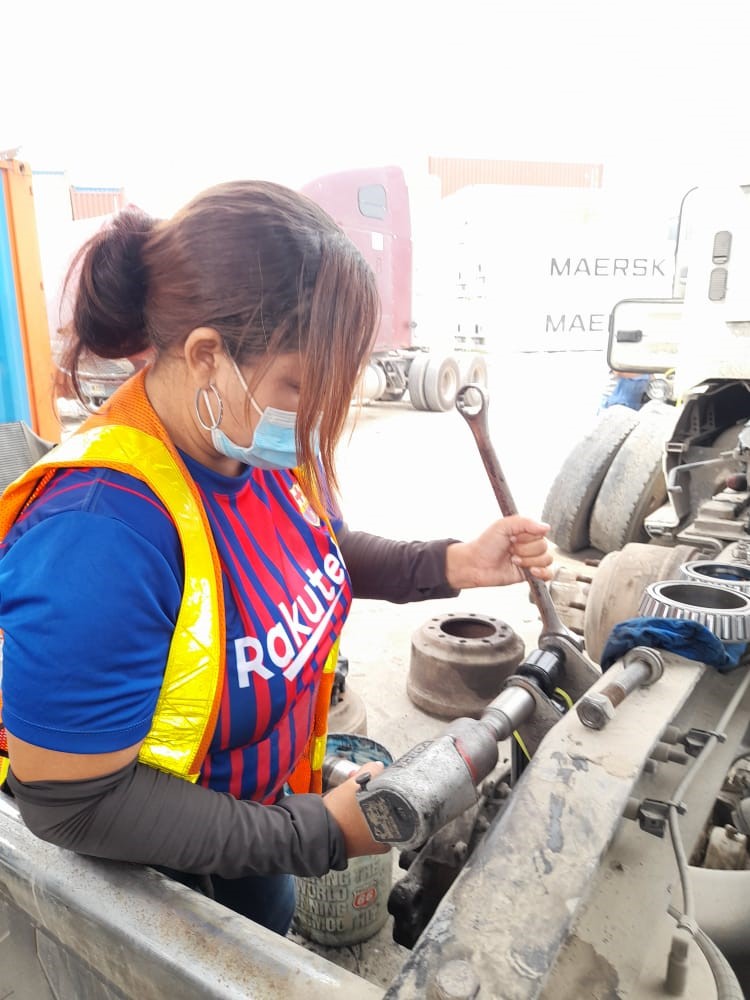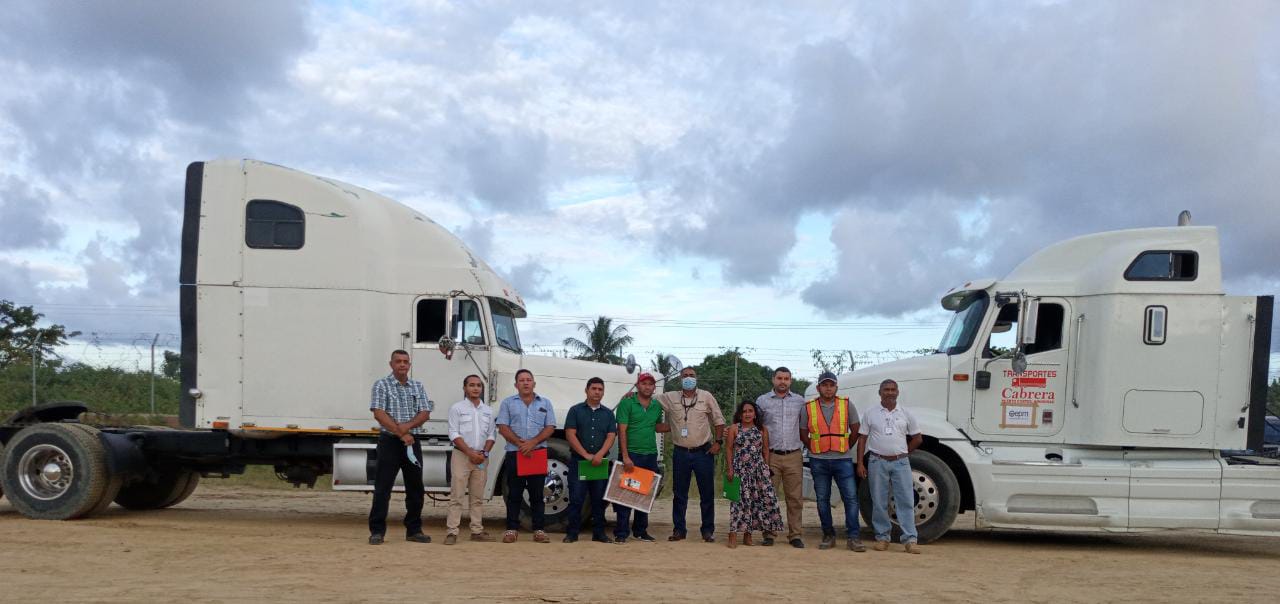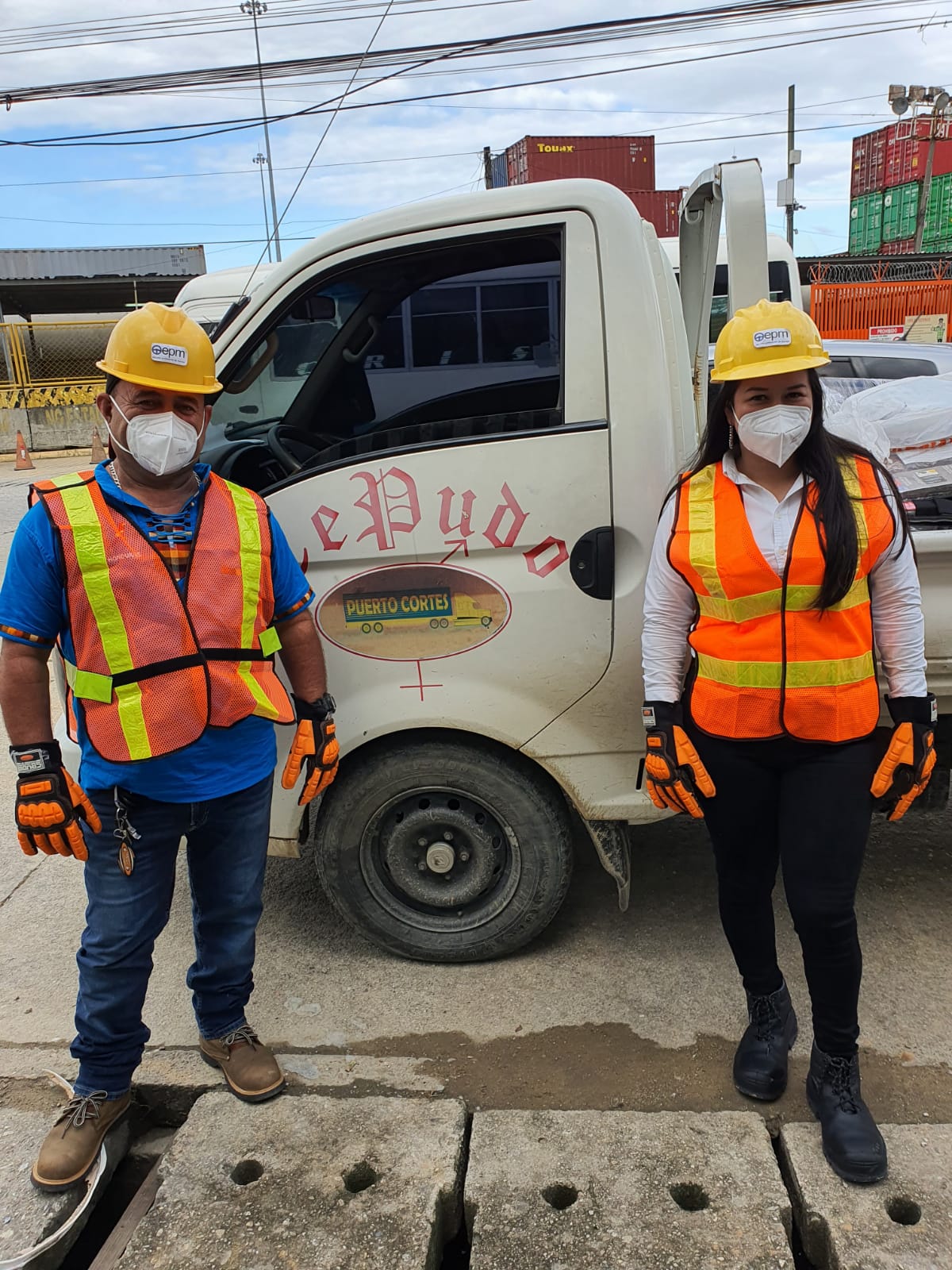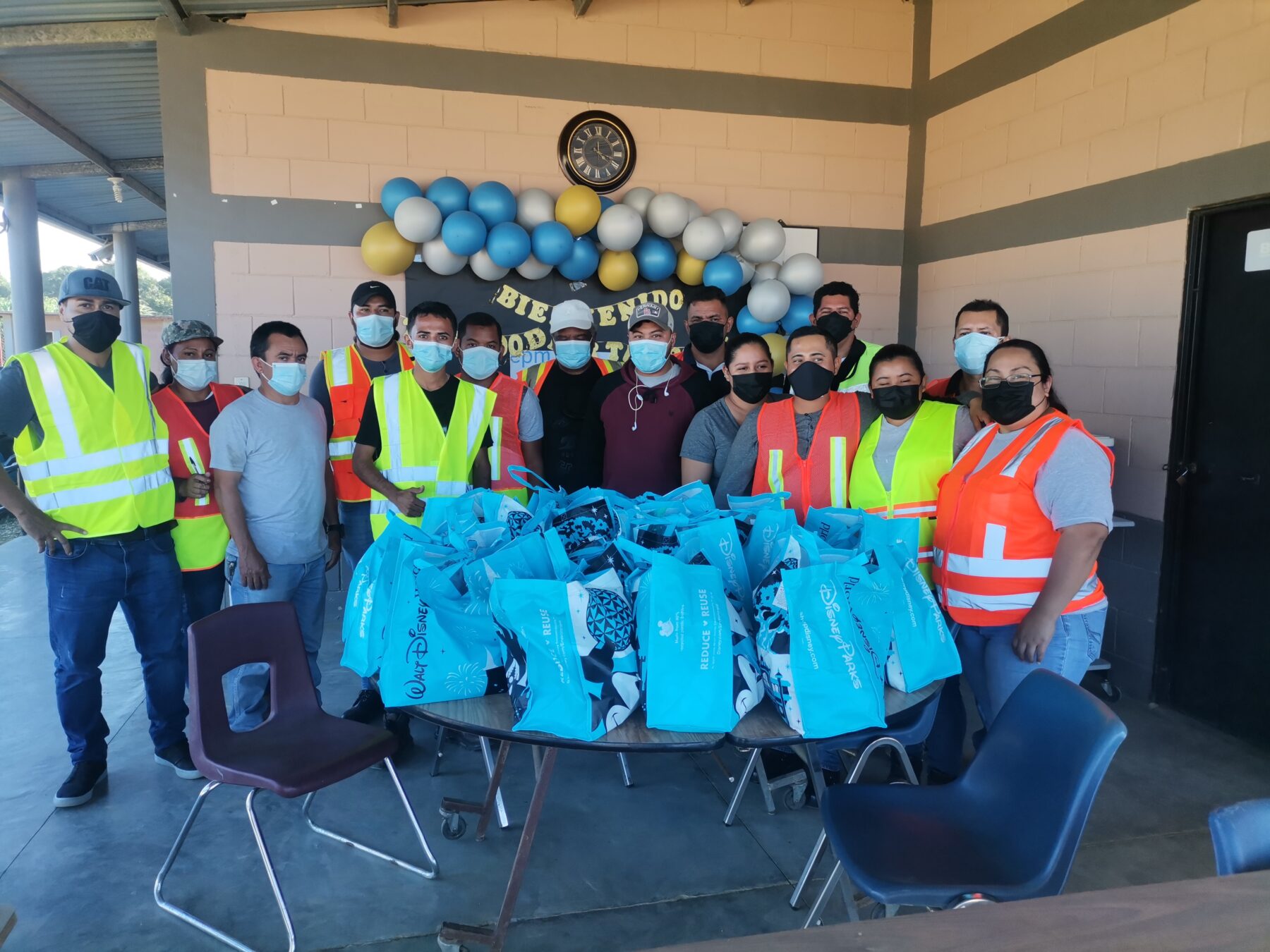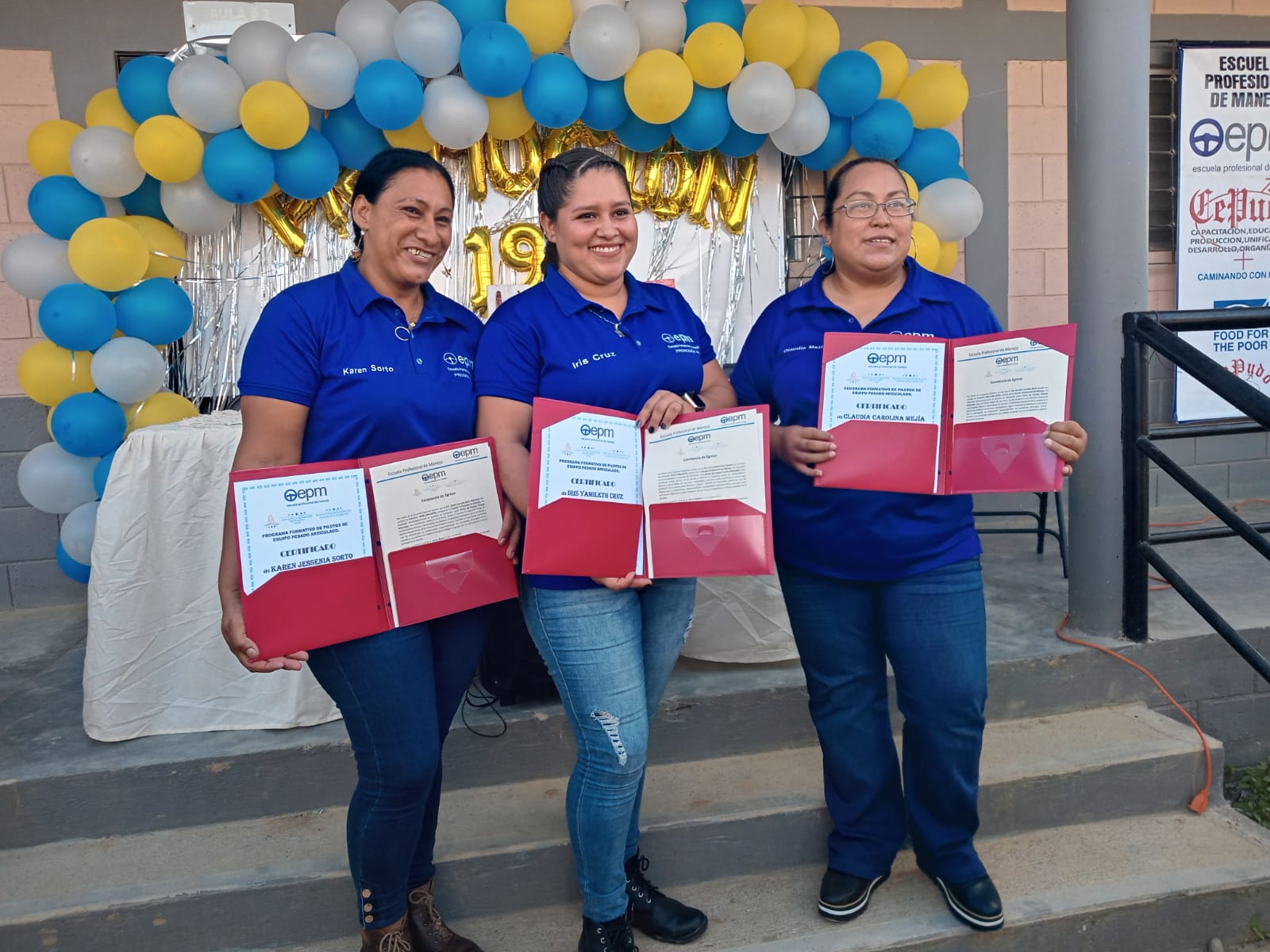
The transportation school program aims to empower 50 men and women by giving them scholarships to attend the Puerto Cortés Transportation School in Honduras. Here, they will train for 5 months and work towards obtaining a commercial drivers license. This will allow them to secure well-paying employment and be able to provide for their families.
Over the 5-month training period, students will receive 482 hours of training, equipment such as vests, helmets, and protective footwear, a monthly stipend of $125 to support themselves and their families during the training, and a monthly care package consisting of rice, beans, toiletries, and other essentials.
The country is experiencing a shortage of more than 5,000 drivers each year, and this is expected to rise. As road infrastructure and logistical capacity increases in Honduras, more and more trucks and experienced drivers are needed on the roads.
With only this one school having the capacity to certify truck drivers, many trucks and heavy-duty vehicles sit idle, with companies unable to operate at full capacity. For these students, this is great news as they will have high success rates in finding employment after graduation, given the current high demand for truck drivers. Drivers are anticipated to earn approximately $700 per month, which is well above the minimum wage of $375.
“I worked as a driver of a local van company that used to take people all over Honduras. I had to stop as it became too dangerous with the gangs. The gangs took over most of the routes, and if our employers didn’t pay them, they would shoot us. I lost many friends and coworkers this way. I am the only person my granddaughters have, so I had to quit to make sure I could care for them. Since then, I haven’t been able to find work. I heard about the truck school and I know that it would be a great opportunity for me, but I am poor and can’t afford this kind of education – not without help. I am a person who has always worked hard, and I don’t like to depend on anyone. But, my current situation means I have to depend on others for everything. It hurts knowing that I can’t provide basic necessities like food, clothes, and other opportunities to my girls. That’s what this school can do.” – Leticia Euceda, a 48-year-old single grandmother of two girls
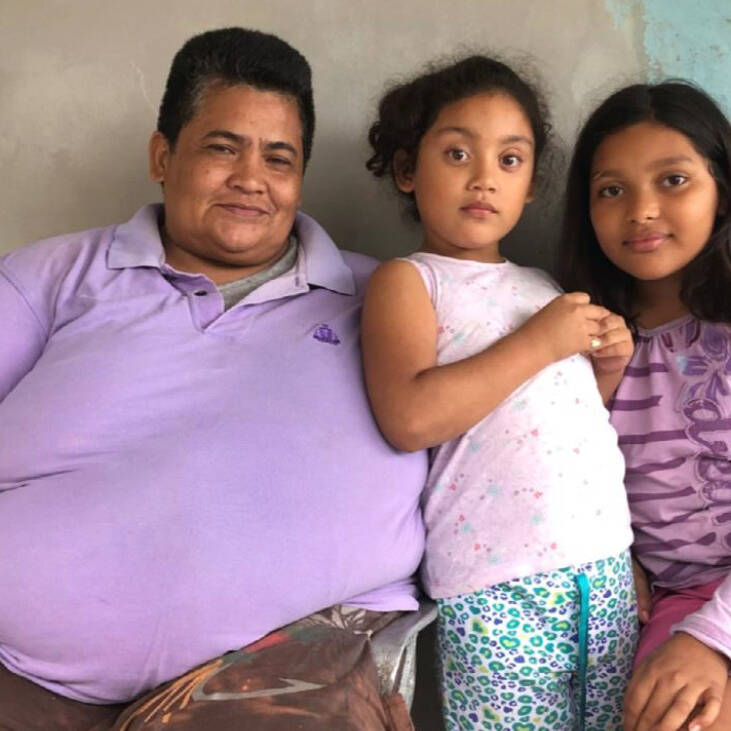
Driving Towards Change
Students in Puerto Cortes, Honduras are learning life-changing skills in the transportation industry that will help support their families.
